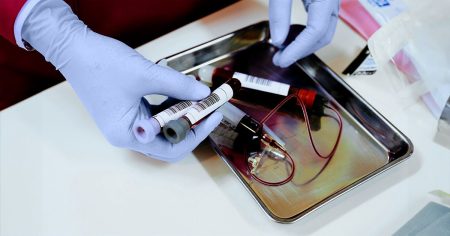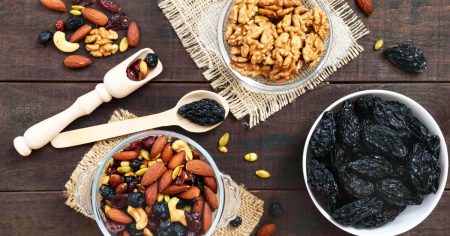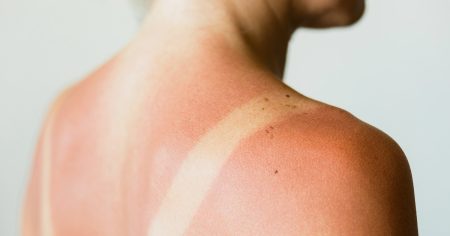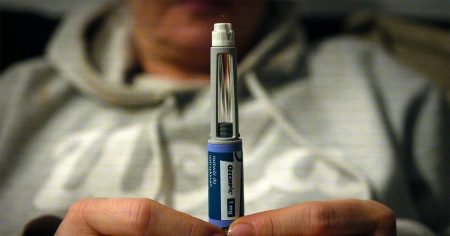The World Health Organization estimates that vaccination efforts have saved 154 million lives in the last fifty years. Multiple factors can influence vaccine effectiveness, and researchers are interested in studying the best ways to increase vaccine efficacy. A study conducted in mice with obesity found that dietary interventions resulting in weight loss led to better metabolic biomarkers and improved flu vaccine effectiveness. The results highlight the potential impact of a balanced diet and metabolic health on vaccine response. The World Health Organization estimates that immunization efforts have helped save 154 million people over the past 50 years. This information highlights the helpfulness of vaccines. However, certain immunizations, such as the flu vaccine, are not always as effective as we’d like them to be due to various factors.
A recent mouse study examined how healthy dietary interventions prior to vaccination could influence metabolic health and increase flu vaccine effectiveness. The findings show that improved metabolic health led to better immune function, which increased the vaccine response. Future research could explore how these findings, recently published in Nature Microbiology, could apply to humans. The researchers note that obesity is associated with a higher risk of severe infectious diseases, including the flu. While this heightened risk makes it more critical for this group to get vaccinated, researchers note that obesity can also decrease the effectiveness of flu vaccines. For the study, they tested a few different scenarios to see if dietary changes helped prior to and after vaccination.
The results were much different when the dietary changes were made pre-vaccination. To test this, researchers had certain obese mice switch to the lean control diet 4 weeks before vaccination. This switch allowed for several systemic measurements of metabolic dysfunction to return to normal and for weight loss to occur. Researchers observed an improved immune response in these mice, particularly among their T cells, and decreased morbidity and mortality. After exposure to the flu virus, the formerly obese mice had a 100% survival rate. The results suggest that specific dietary changes and weight loss may help improve the flu vaccine’s effectiveness.
Non-study author Marci Drees, MD, noted that more research is needed to understand how obesity impacts immune response to vaccines. She emphasized that the study was conducted in mice, not humans, so additional studies are necessary before applying these findings to people. Researcher Linda Yancey also stressed the importance of further investigation and potential human trials. While the findings suggest that a healthy diet and weight loss could boost vaccine effectiveness, individuals with obesity should not avoid vaccination as they may be at a higher risk for flu complications.
The study won’t lead to immediate changes in clinical practice, but weight loss among those who are obese remains an important health recommendation. Conversations with healthcare providers can help individuals assess their personal risk factors and discuss the benefits of vaccination. While the findings show promise, more research is necessary to determine how dietary interventions can impact immune response to vaccines in humans. In the meantime, promoting a healthy diet and weight loss continues to be important for overall health and well-being.















